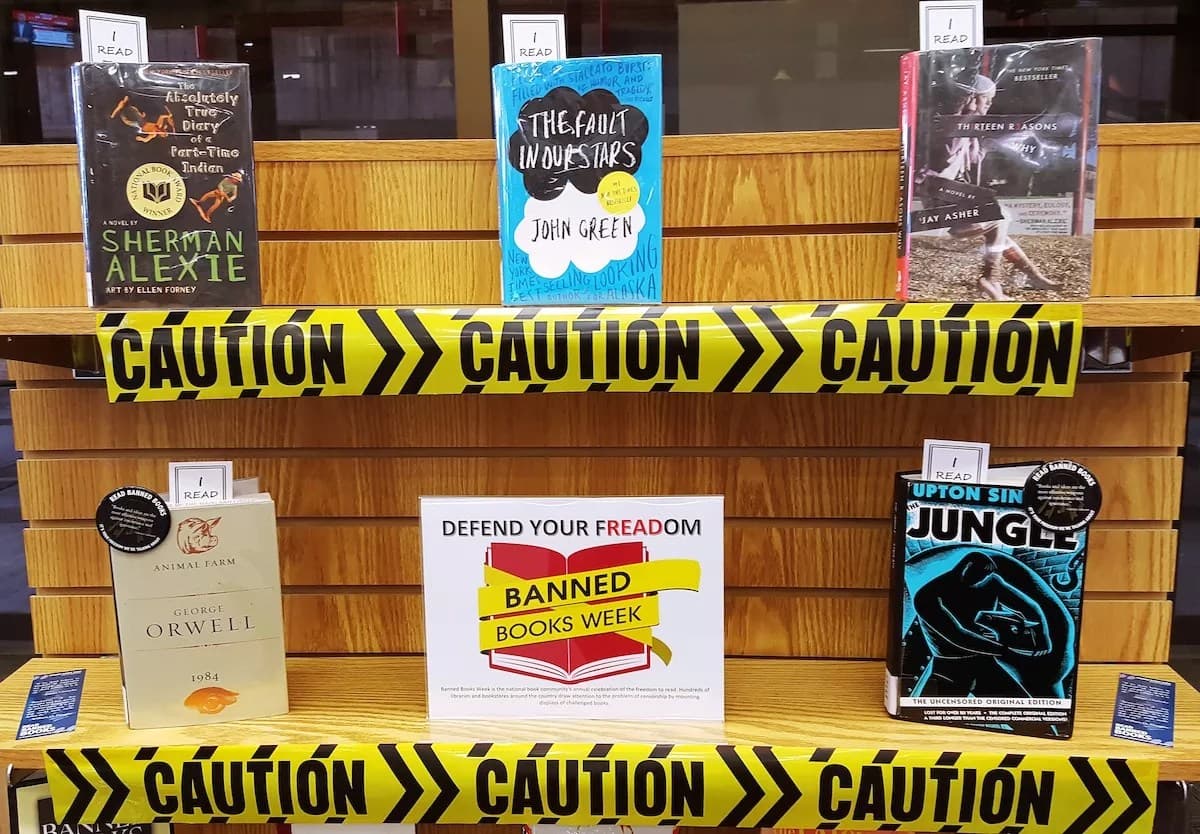Distinguishing Book Challenges from Library Acquisition Decisions Amidst Rising Scrutiny

A recent social media post by commentator Hunter Ash has ignited discussion regarding the terminology surrounding book availability in school libraries, asserting that what is often termed "banning" is, in fact, a local government's decision not to purchase certain books with taxpayer funds. This perspective highlights a crucial distinction in the ongoing debate over library collections and intellectual freedom.
"Every time a liberal has said a book is banned in the the last 30 years, what they’ve actually meant is 'local governments chose not to purchase my books for school libraries using taxpayer money'," Hunter Ash stated in the tweet.
The American Library Association (ALA) defines a "challenge" as an attempt to remove or restrict materials, while a "banning" refers to the actual removal of those materials from a library's collection. School libraries operate under formal selection policies that guide the acquisition of new materials, often developed by school districts and librarians. These policies consider factors such as educational relevance, age appropriateness, curriculum support, and diverse viewpoints.
School library collection development is typically overseen by professional library staff, though school boards and administrators also play roles. Funding for these acquisitions comes from local, state, and sometimes federal sources, meaning taxpayer money directly influences what materials can be purchased. Librarians utilize professional review journals and established criteria to make informed decisions about what to add to their collections, ensuring resources align with educational goals and community standards.
The number of book challenges in U.S. schools and public libraries has seen an unprecedented rise in recent years. While some challenges lead to books being removed, many are resolved through established reconsideration processes where committees review the material against library policies. The debate often centers on balancing parental concerns, community values, and students' right to access a wide range of information and perspectives.